11 Classic Movies Roger Ebert Thought Were the Best of All Time

Roger Ebert‘s legacy is so mighty that even after his death in 2013, his opinion is the opinion about movies and everything connected to movies. Ebert began his career as a film critic for the Chicago Sun-Times in 1967, and continued to work for the next 46 years. “Roger loved movies. They were his life. His reviews went far deeper than simply thumbs up or thumbs down. He wrote with passion through a real knowledge of film and film history, and in doing so, helped many movies find their audiences. Along with Gene Shalit, Joel Siegel, and of course Gene Siskel, Roger put television criticism on the map. Roger’s passing is virtually the end of an era and now the balcony is closed forever,” Steven Speilberg said. (The critic’s spirit—and archive—lives on at RogerEbert.com.) Here are the 11 classic films Ebert said are the best of all time.
RELATED: 25 Classic Movies Every Film Fan Should See.
1
Aguirre, Wrath of God (1972)
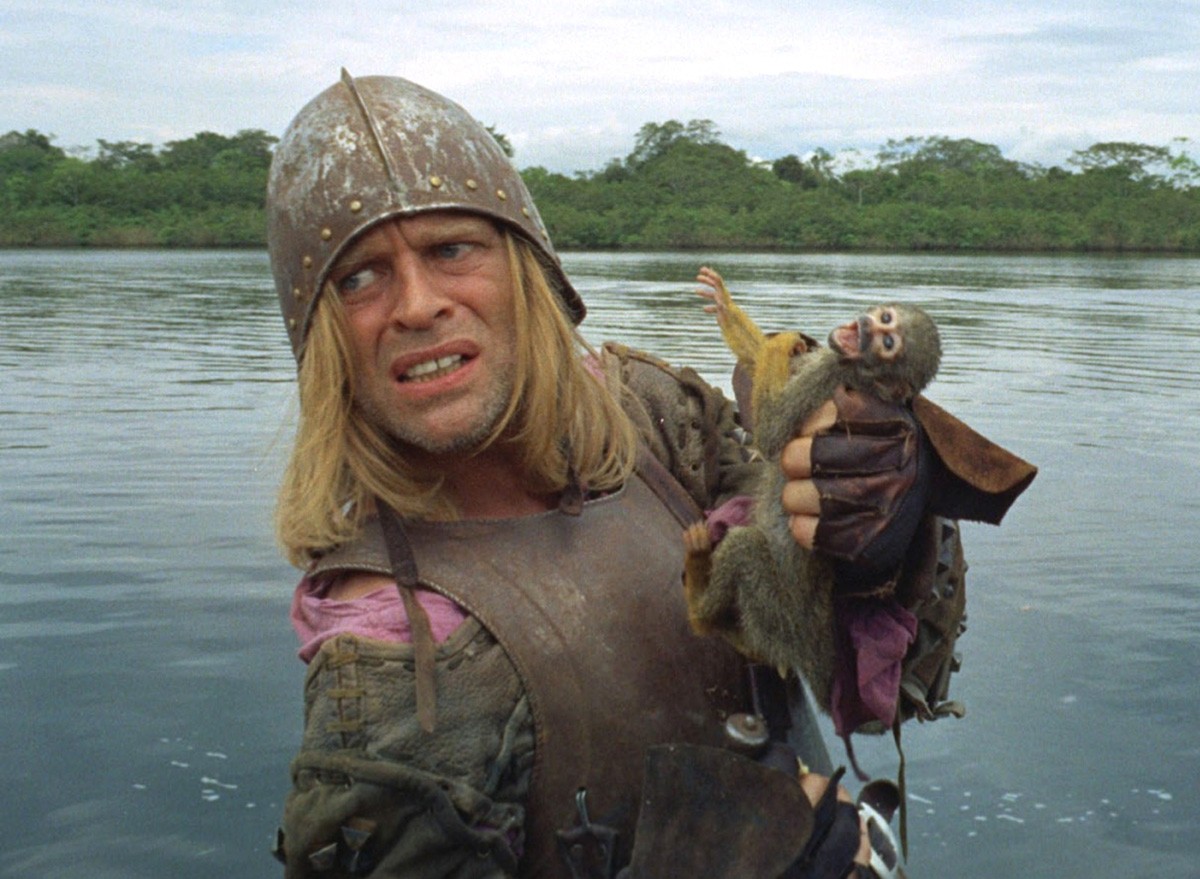
Ebert called Werner Herzog’s Aguirre, Wrath of God “the most evocative expression of Herzog’s genius.” Herzog says Ebert’s praise changed his career. “Four decades back, at the time I was releasing my film Aguirre: The Wrath of God, he was very enthusiastic about it and very helpful about it because he put it on his list — I think it was the 10 best of all time — and it opened somehow the curiosity of American audiences,” Herzog said.
2
Apocalypse Now (1979)
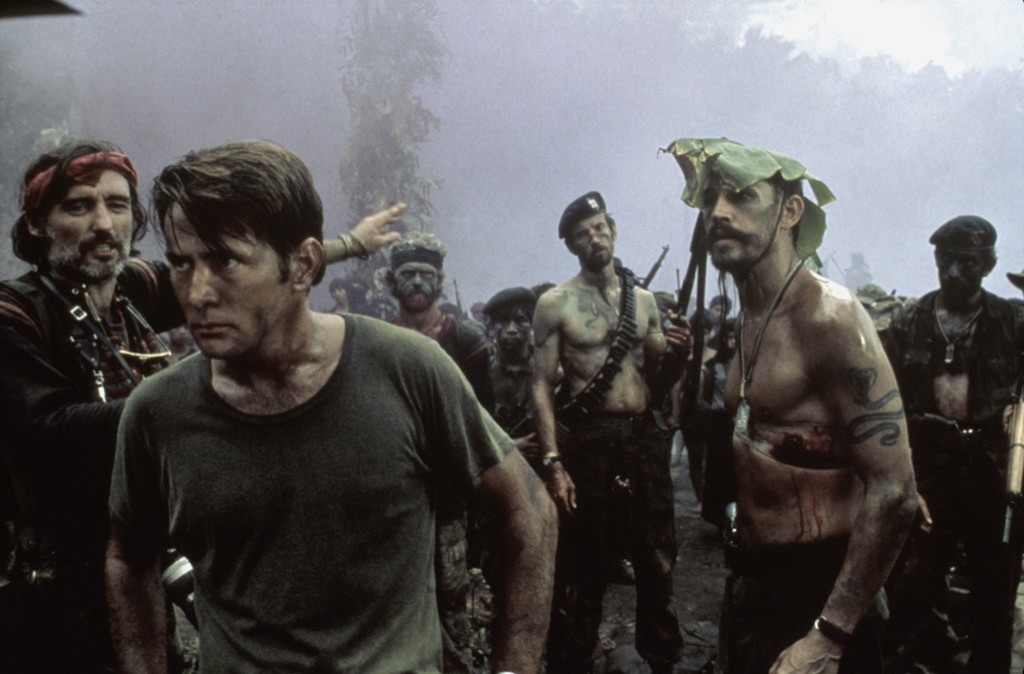
Apocalypse Now is one of Ebert’s favorite Francis Ford Coppola films. “Apocalypse Now is a film which still causes real, not figurative, chills to run along my spine, and it is certainly the bravest and most ambitious fruit of Coppola’s genius,” he said.
3
Citizen Kane (1941)
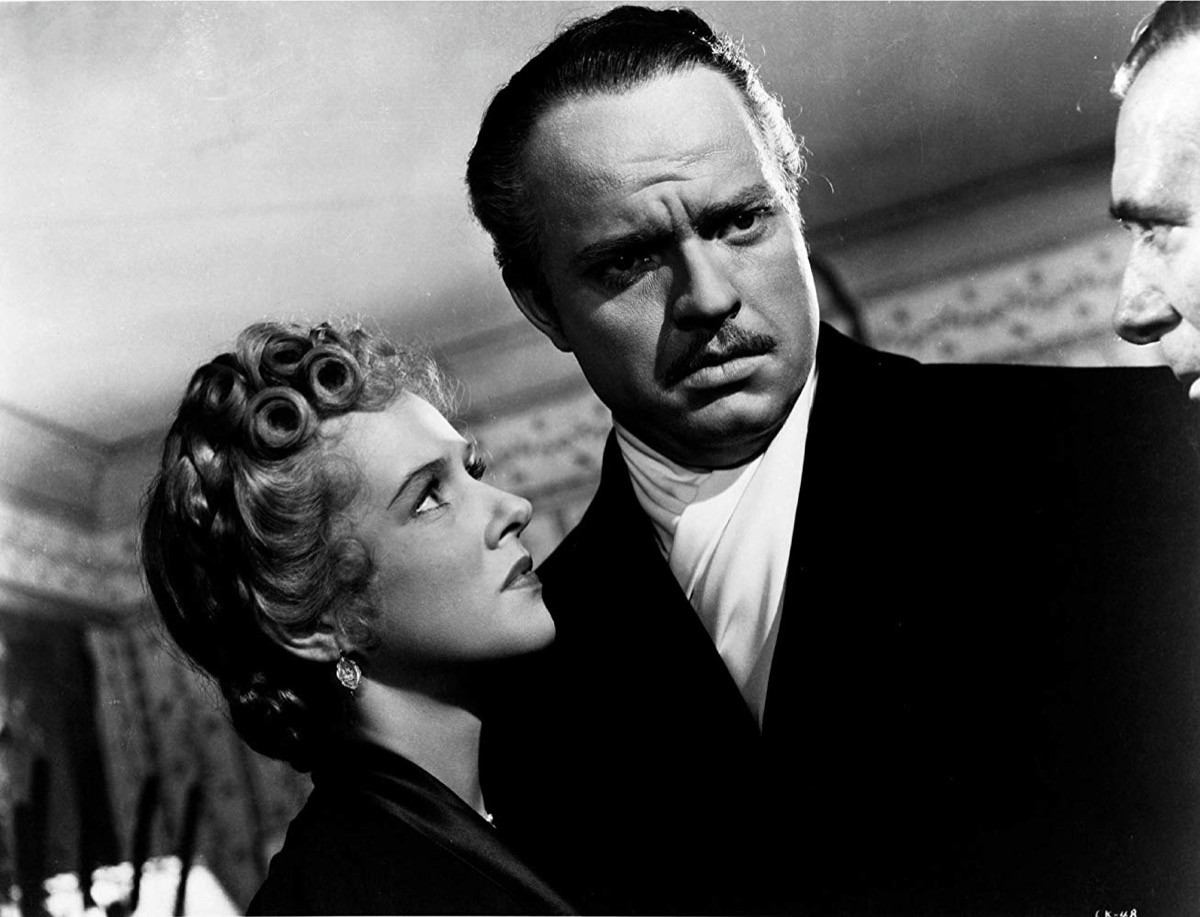
Ebert said Citizen Kane’s place on the list speaks for itself. “Citizen Kane is more than a great movie; it is a gathering of all the lessons of the emerging era of sound, just as “Birth of a Nation” assembled everything learned at the summit of the silent era, and “2001” pointed the way beyond narrative,” he said.
4
Dekalog (1989)
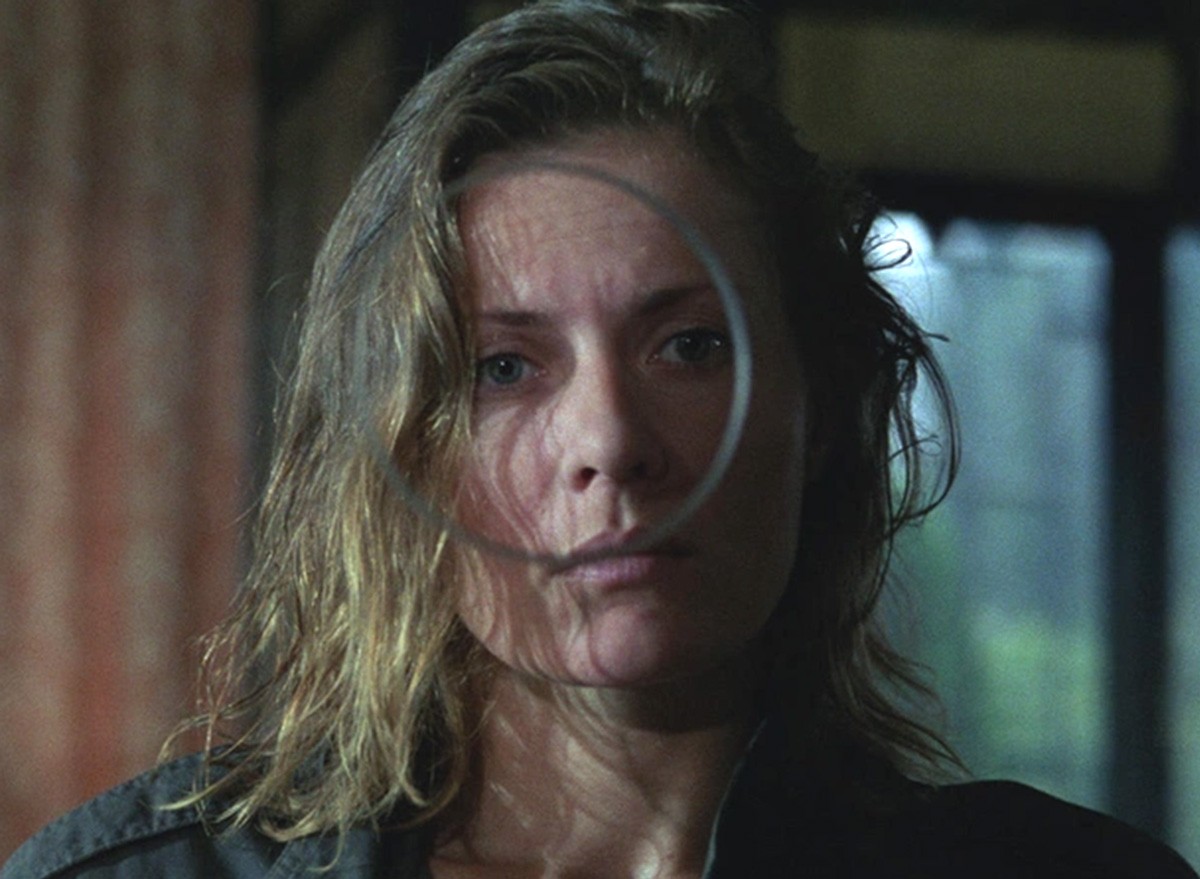
Ebert was impressed by the 10-film miniseries from Krzysztof Kieslowski. “You shouldn’t watch the films all at once, but one at a time. Then if you are lucky and have someone to talk with, you discuss them, and learn about yourself. Or if you are alone, you discuss them with yourself, as so many of Kieslowski’s characters do,” he said.
RELATED: The 50 Best American Movies of All Time.
5
La Dolce Vita (1960)
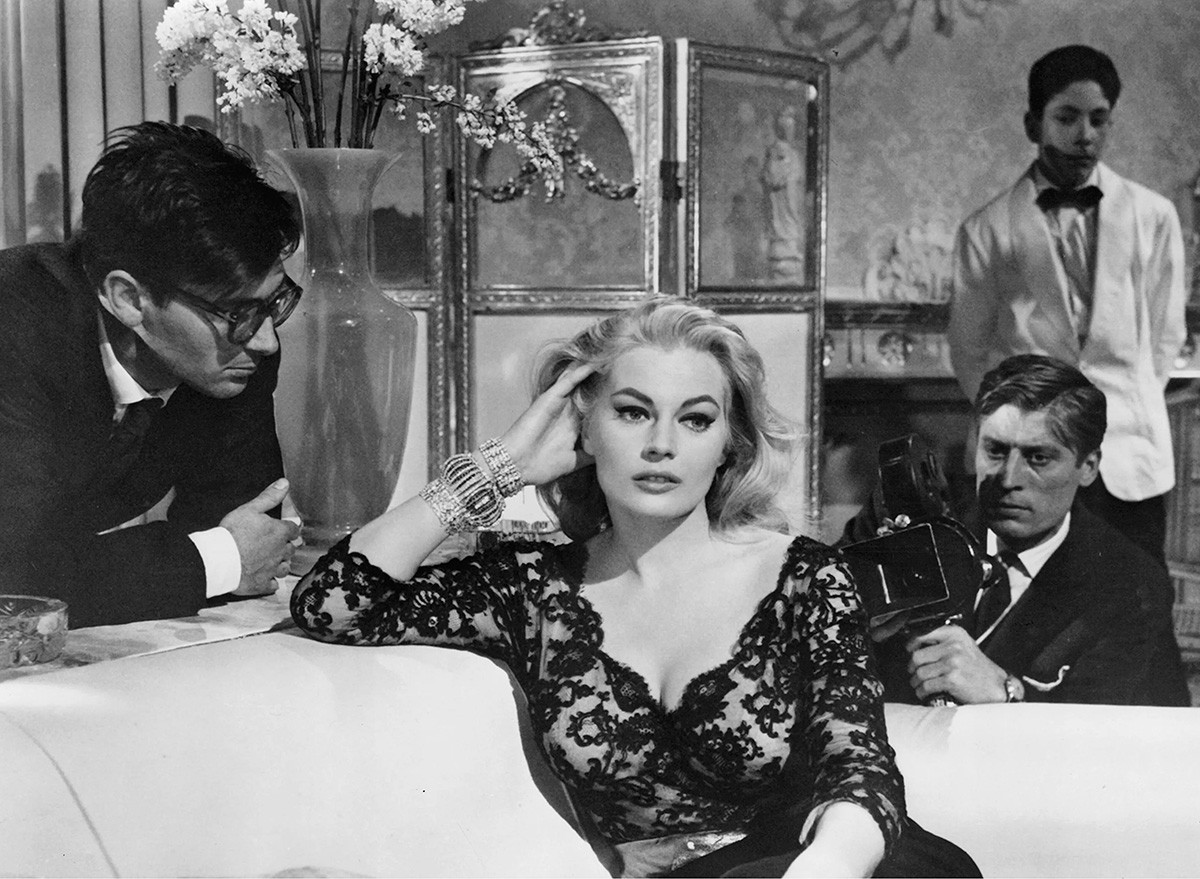
La Dolce Vita had special meaning for Ebert. “La Dolce Vita has become a touchstone in my life: A film about a kind of life I dreamed of living, then a film about the life I was living, about my escape from that life. Now, half a century after its release, it is about the arc of my life, and its closing scene is an eerie reflection of my wordlessness and difficulty in communicating,” he said.
6
The General (1926)
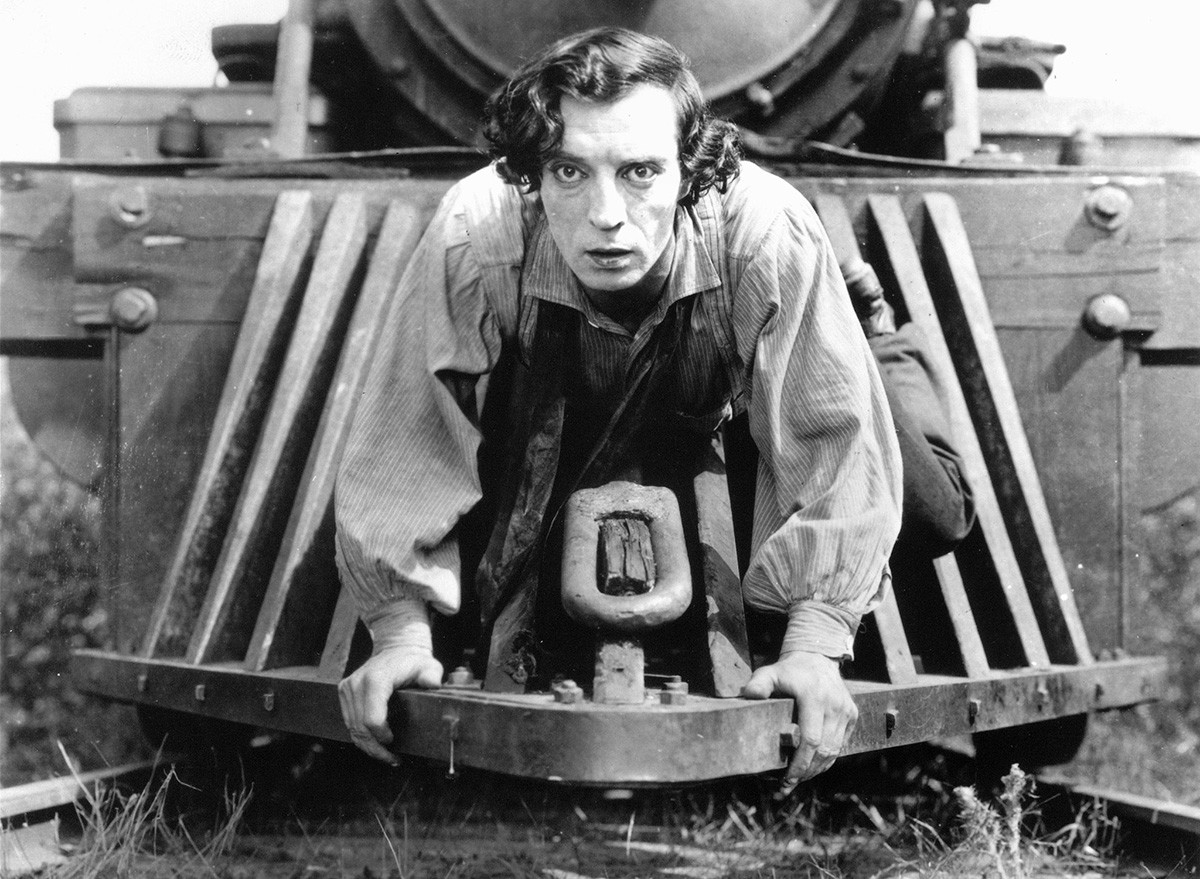
“There must be a silent film, and I consider The General to be his best,” Ebert said about the 1926 Buster Keaton silent comedy.
7
Raging Bull (1980)
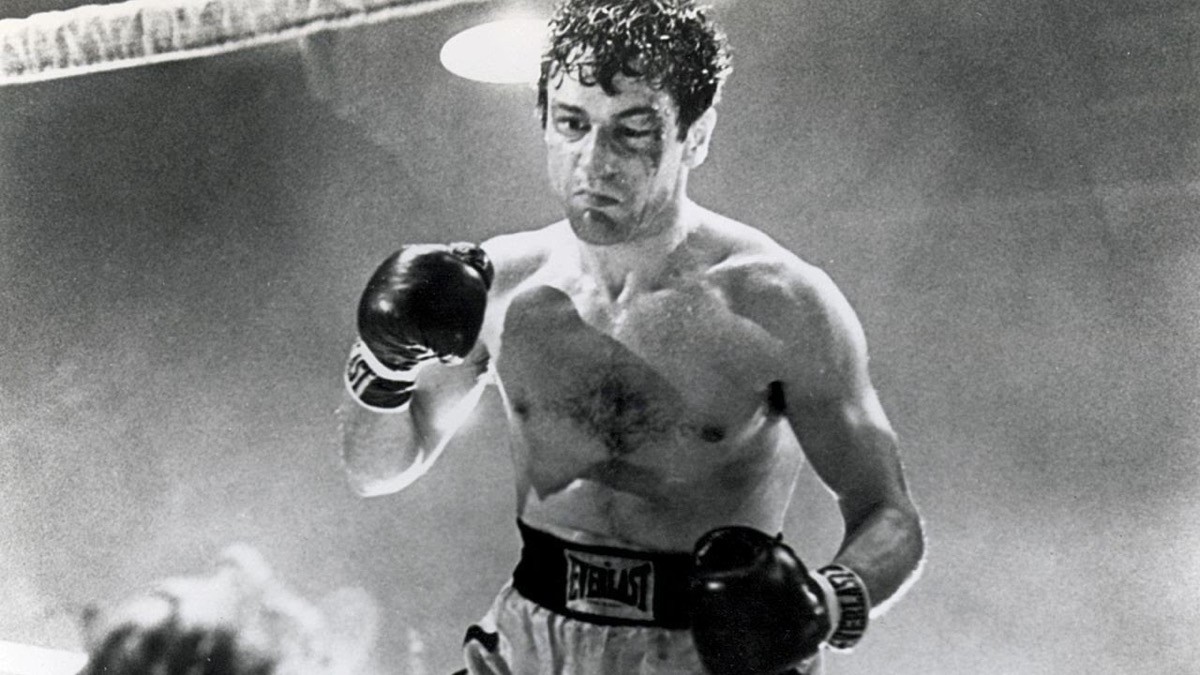
Ebert was impressed with Martin Scorsese’s Raging Bull. “Many would choose Taxi Driver as Scorsese’s greatest film, but I believe Raging Bull is his best and most personal, a film he says in some ways saved his life. It is the greatest cinematic expression of the torture of jealousy–his Othello,” Ebert said.
8
2001: A Space Odyssey (1968)
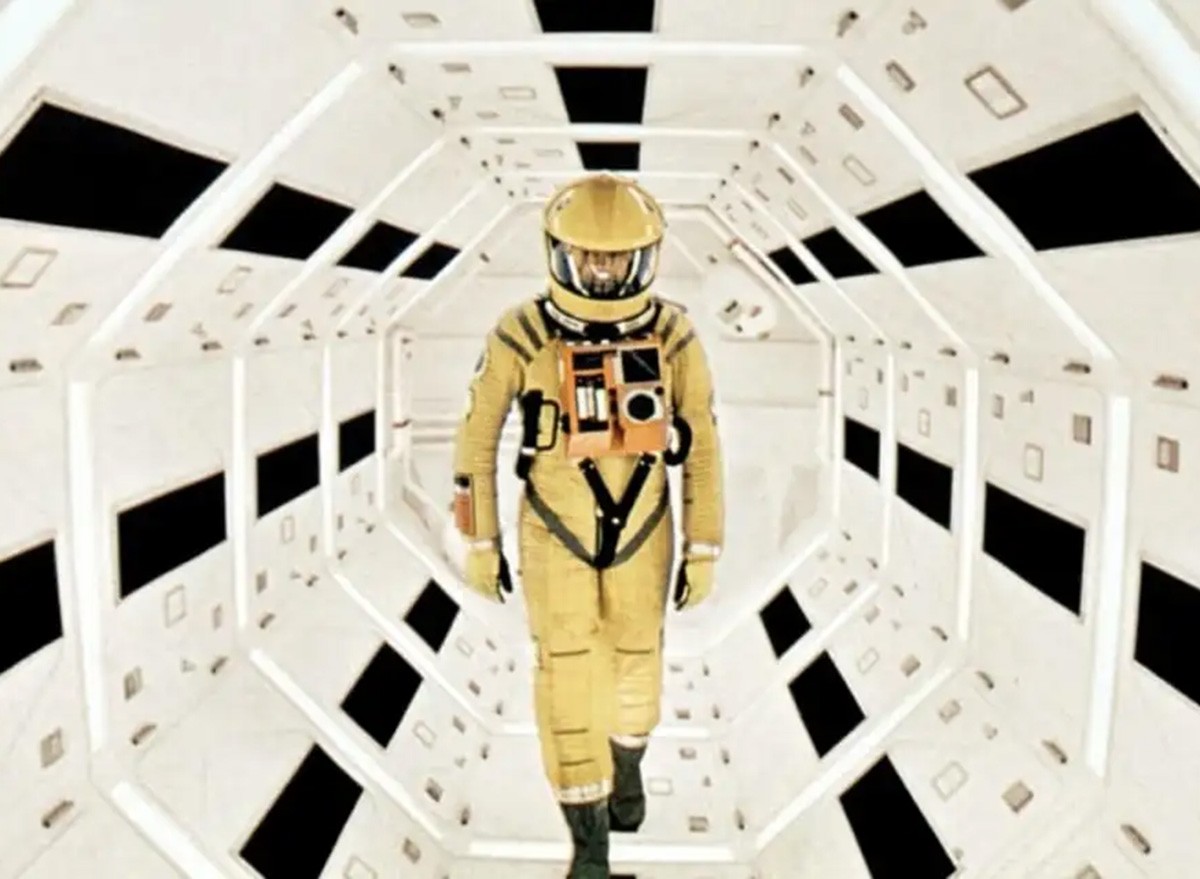
Ebert considers 2001: A Space Odyssey one of the greatest movies of all time. “2001: A Space Odyssey is likewise a stand-along monument, a great visionary leap, unsurpassed in its vision of man and the universe. It was a statement that came at a time which now looks something like the peak of humanity’s technological optimism,” he said.
RELATED: 33 Hilariously Bad Reviews of Classic Movies.
Tokyo Story (1953)
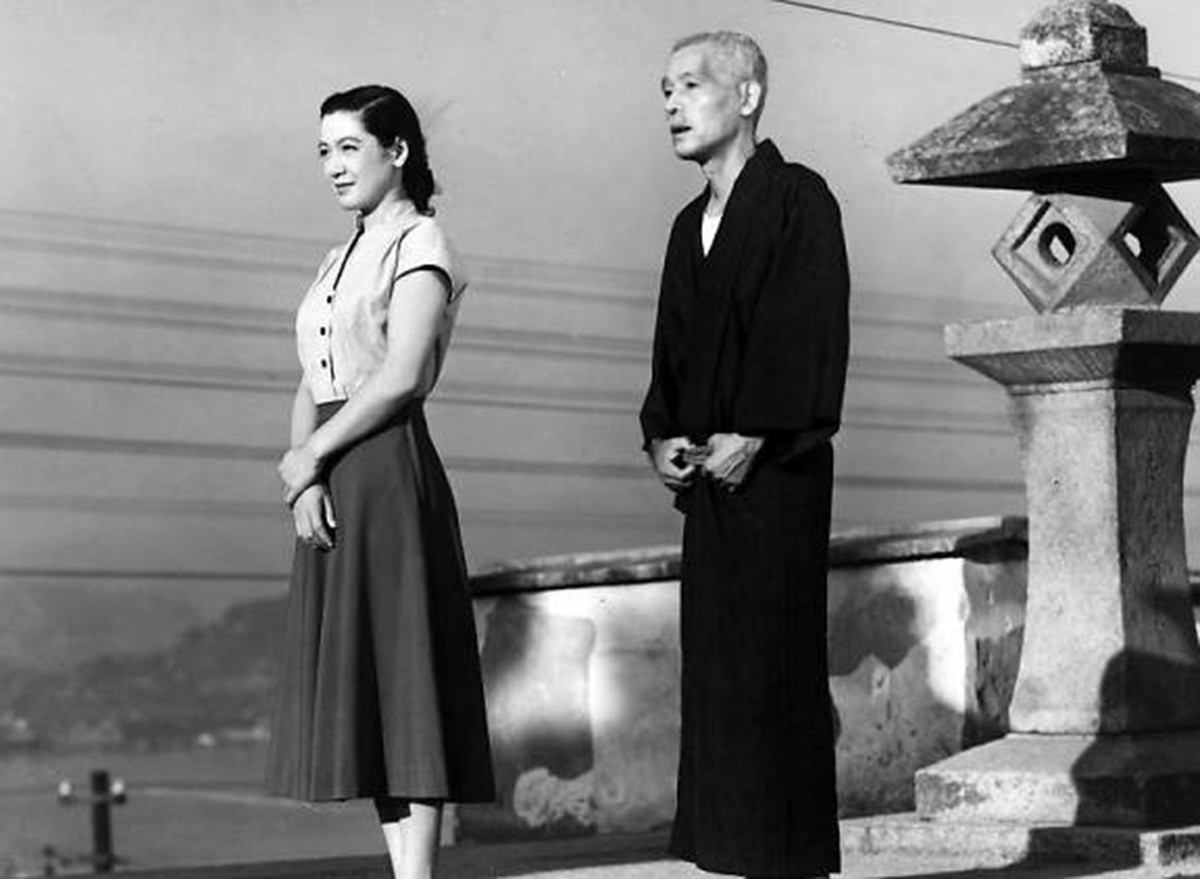
Yasujirō Ozu’s film deserves its spot on Ebert’s list. “There must be an Ozu. It could be one of several. All of his films are universal. The older I grow and the more I observe how age affects our relationships, the more I think Tokyo Story has to teach us,” he said.
10
Vertigo (1958)
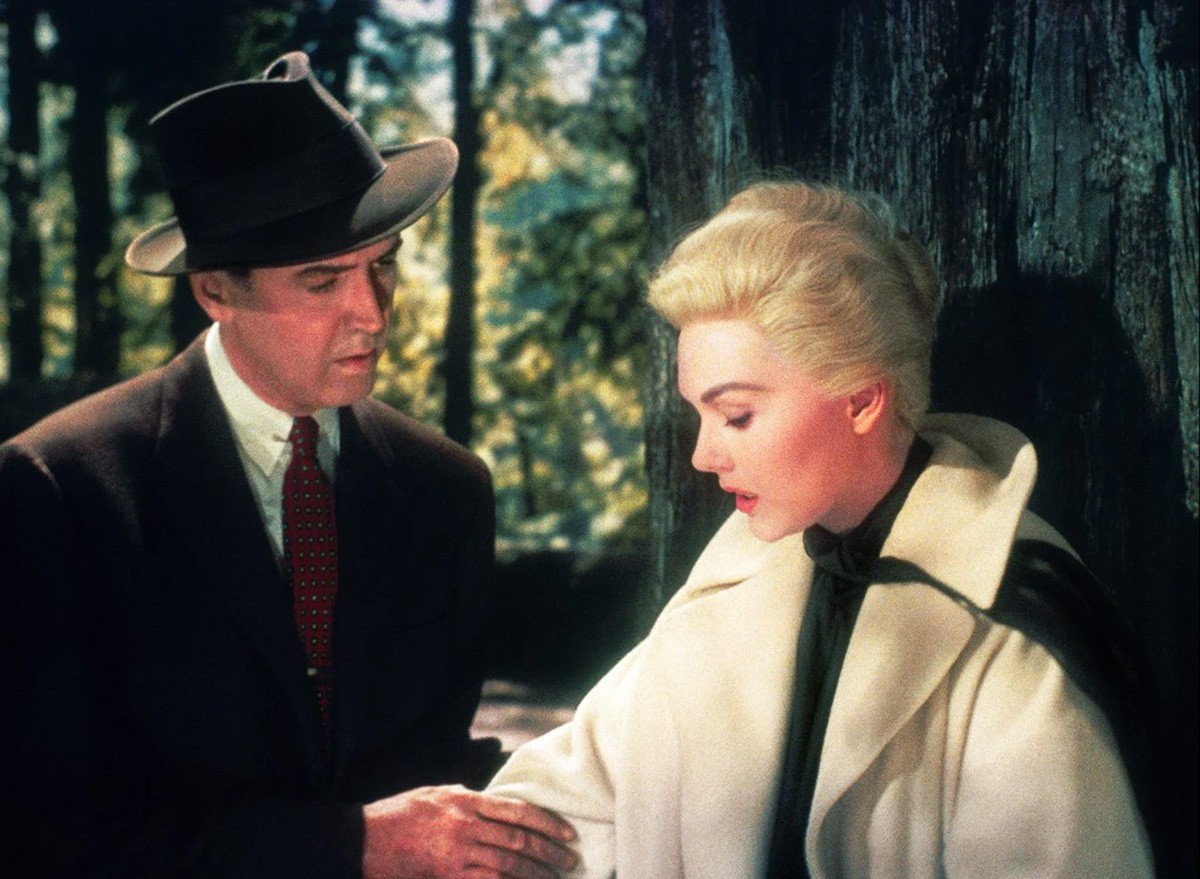
Ebert had a tough time deciding between Hitchcock’s Vertigo or Notorious (1946). “One of my shifts last time was to replace Hitchcock’s Notorious (1946) with Vertigo, because after going through both a shot at a time during various campus sessions, I decided that Vertigo was, after all, the better of two nearly perfect films,” he said.
11
Special Mentions
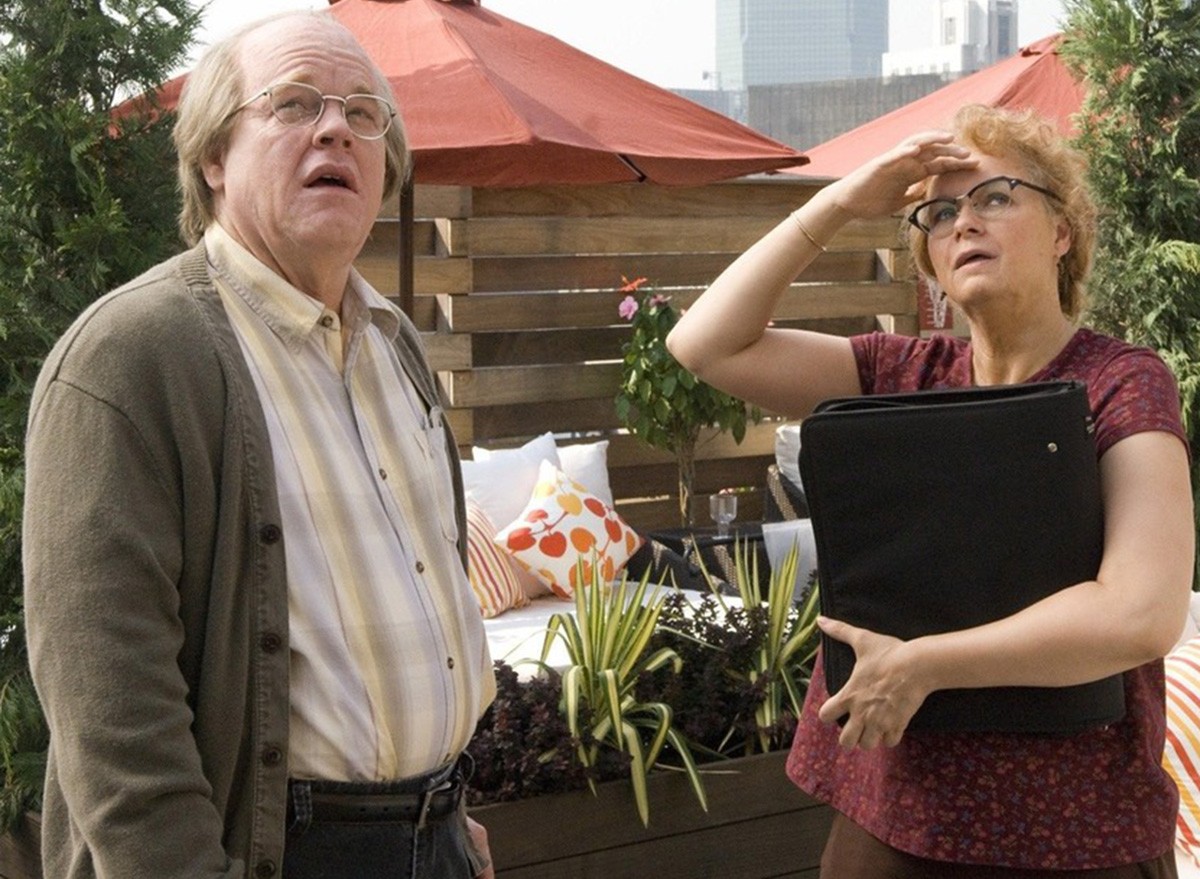
Ebert mentions Charlie Kaufman’s Synecdoche, New York (2008) and Terrence Malick’s The Tree of Life (2011) as excellent. “Like the Herzog, the Kubrick and the Coppola, they are films of almost foolhardy ambition. Like many of the films on my list, they were directed by the artist who wrote them. Like several of them, it attempts no less than to tell the story of an entire life,” he said.